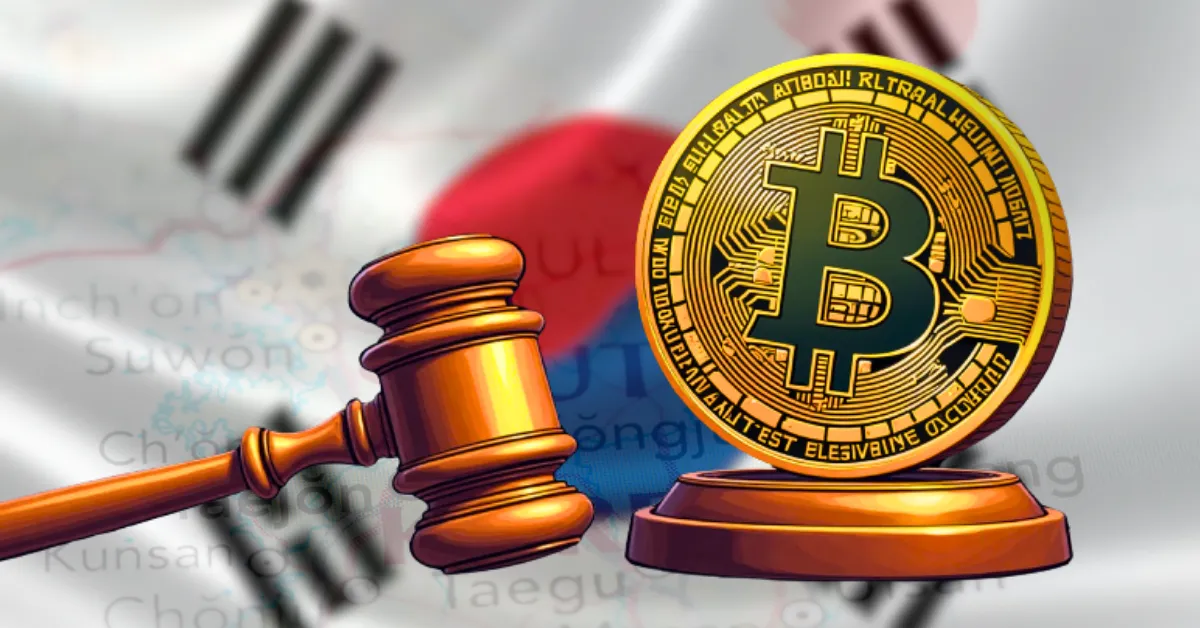
A game-changing crypto bill has been introduced in South Korea, and it could open the doors to a government-backed stablecoin market, one that favors local innovation and tighter security for users.
The proposed Digital Asset Basic Act, introduced by ruling party lawmaker Min Byeong-deok, lays out a licensing system for stablecoin issuers. To qualify, projects must hold at least 500 million Korean won in capital (around $367,890). While that sounds steep, it could mark the beginning of a regulated and scalable stablecoin ecosystem fully backed by the Korean won, something President Lee Jae-myung has strongly supported.
For crypto users, this means South Korean won-based stablecoins could soon become a legitimate alternative to USDT and USDC, especially for on-chain activity without forex risk or capital flight issues.
This bill isn’t just about stablecoins. It proposes a legal definition for all digital assets and introduces a presidentially overseen Digital Asset Committee. That’s a big shift toward a mature and clearly regulated market, a huge plus for developers, DeFi protocols, and exchanges operating in Korea or looking to enter the market.
If passed, the law could also crack down on insider trading, pump-and-dump schemes, and rug pulls, offering users more confidence and transparency.
Min says the bill was inspired by frameworks already in place in the U.S., EU, Japan, and Hong Kong, especially Hong Kong’s licensing requirements for stablecoin issuers. With the U.S. pushing the Genius Act and other nations moving fast, South Korea clearly doesn’t want to be left behind.
In parallel news, Kakao-backed blockchain Kaia has pledged to launch a Korean won-pegged stablecoin, aligning with President Lee Jae-myung’s crypto-friendly agenda. The announcement comes amid a broader push to support private stablecoin issuers under the upcoming Digital Asset Basic Act.
Kaia’s move carries serious weight, thanks to its deep ties with Kakao’s massive digital ecosystem, including Kakao Pay, which saw a 30% stock surge alongside rival Danal after the news. With over half of the surveyed Koreans planning to grow their crypto holdings, optimism is spreading fast.
As South Korea’s payment giants rally and stablecoin regulation nears, the country is clearly setting the stage for a homegrown DeFi explosion.
Yes, cryptocurrency trading and exchanges are legal in South Korea but operate under strict regulatory frameworks, including real-name bank account requirements.
A 22% capital gains tax on crypto profits exceeding 2.5 million Korean won (approx. $1,900) annually is slated to begin in 2025 (delayed from earlier plans).
This proposed bill defines digital assets and establishes a licensing system for stablecoin issuers, aiming for a regulated and secure crypto market in South Korea.
The bill aims to crack down on unfair practices like insider trading, pump-and-dump schemes, and rug pulls, offering users more confidence and transparency.
Pi Network has reached its first Open Network anniversary, but instead of fireworks, the mood…
Vitalik Buterin sold 8,827 ETH worth $18.45 million over the past week. Ethereum dropped after…
Bitcoin has now fallen below $64,000, adding fresh pressure to an already fragile market structure.…
The crypto market took a sharp hit overnight, with Bitcoin falling below $65,000 and triggering…
Michael Saylor, the CEO of software company Strategy, has affirmed that quantum computers pose negligible…
Bitcoin (BTC) dropped below $64,000 on February 23 at 20:15 UTC to trade at $63,950,…